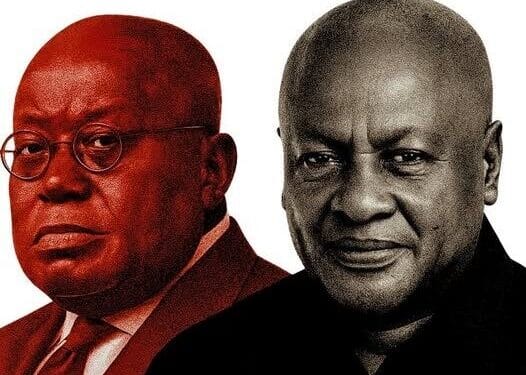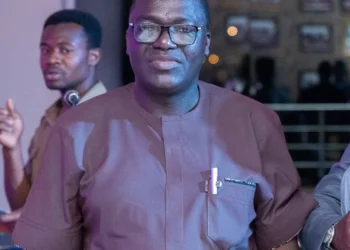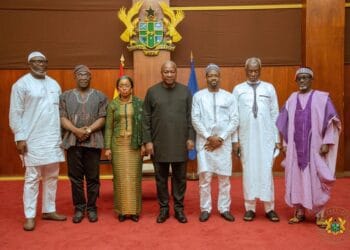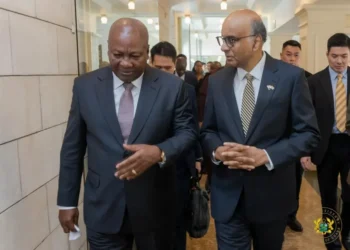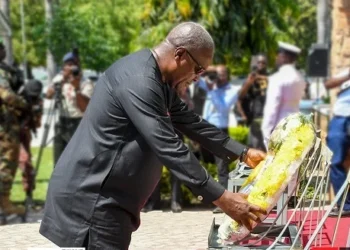A budget should tell the truth about a country, not sing sweet songs to please those in power. Akufo-Addo‘s 2022 budget did not tell the truth. It behaved like a gambler who has already lost everything but still walks back to the table, smiling boldly while hiding empty pockets. Mahama’s 2026 budget, the early shape of what a 2028 future may look like, feels different. It reads like a man who returns home to find the house leaking, the roof weak, and the floor cracked, and instead of pretending otherwise, picks up tools to repair it.
Follow The Ghanaian Standard channel on WhatsApp for the latest news stories from Ghana.
Under Akufo-Addo, the country entered its second term with a choice. The government could have faced the truth or staged a performance. They chose performance. The 2022 budget said all the right things, used all the right words, but the numbers told another story. It promised discipline, but spent far beyond the country’s strength. It said revenue would rise, but depended almost entirely on the e levy, a tax that ordinary people rejected, businesses avoided, and economists questioned. Government expected almost GH¢7 billion. Ghana barely collected a little over GH¢600 million. Imagine planning your household budget expecting GHS 7,000 from a side business, only to earn GHS 600. That is the scale of the mistake.
Behind the scenes, the situation was worse. Ghana owed so much that interest payments alone were eating nearly everything the country earned. Debt was almost ninety-three percent of our entire economy. Markets abroad no longer trusted us. But leadership behaved as if confidence could be declared rather than earned. And then the walls caved in. The cedi fell like a cut rope. Prices shot up. Ghana defaulted on its debts. The 2022 budget wasn’t just a miscalculation. It was the final push that sent a limping economy into full collapse.
Mahama’s return approaches budgeting in a different way. The 2026 budget does not behave as if nothing happened. You will not find applause seeking promises. You will not find magical shortcuts. What you find is an attempt to stabilise the ground beneath our feet.
Where Akufo-Addo expanded spending, Mahama tightens it. Where the previous era created a single big tax and hoped it would save the day, Mahama quietly widens the tax net through better systems and administration, not through headline-grabbing measures. The plan over the next few years is strict: living within our means, keeping spending under control, ensuring we make more than we spend, rebuilding reserves through GoldBod, and restoring credibility through Ato Forson‘s disciplined approach.
This is not dramatic work. It is slow, technical, and sometimes frustrating. But it is showing signs of progress. Inflation is falling. The cedi is more stable. Debt is reducing. Investors are beginning to look our way again. Not because of slogans, but because of discipline.
Two leadership styles are now clear.
Akufo-Addo’s budget tried to outrun reality.
Mahama tries to repair it.
One multiplied the risks and hoped confidence would follow. The other faces the risks and earns confidence step by step.
One collapsed under big claims.
The other keeps its claims small enough to match the nation’s strength.
This is no longer a conversation about party colours. It is about economic honesty. It is about whether leaders respect the people enough to tell the truth. If 2022 showed a nation pretending to be strong while standing on broken knees, then a steady 2028, if built on the discipline of 2026, will show a nation that admits it is wounded but still decides to rise.
Akufo-Addo offered optimism without the foundation to hold it. Mahama offers stability without the showmanship.
Ghana has lived the consequences of the first.
Now we begin to feel the calm weight and cautious hope of the second.


